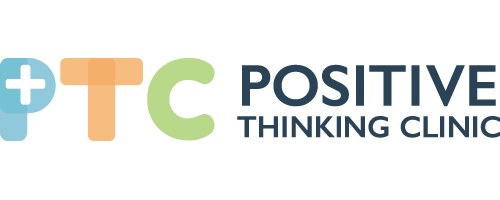Just about any area which is treatable by conventional methods can be complimented through the use of Psychotherapy, Hypnosis and Counselling. Amanda offers services both Face to Face in Clinic, as well as Distance Professional Services (also known as Telehealth, Teletherapy, E-Counselling, E-Therapy, Online Counselling, and Online Therapy, and Online Conferencing). Anyone suffering from emotional and /or physical dis – ease may benefit. The clients will and determination to get better is a great determinant of the success of treatment. The Positive Thinking Clinic focuses on integrative counselling techniques as well as modern indirective and solution oriented Ericksonian Hypnosis.
Clients may see Amanda for Counselling only, Hypnosis only, or a combination of both. Most commonly the session with start with sole counselling techniques, and integration of neurolinguistic programming techniques, and usually ends with a relaxing hypnosis. This may be recorded by clients to listen to at home in similar conditions of undisturbed relaxation. Quite often clients are also invited to participate in tasks between sessions. This is not compulsory and does not suit everyone, but may be quite effective.
Consider the following explanation of why hypnosis may be beneficial:
Our conscious mind makes decisions and judgements with an extremely limited point of view. This means there are limits, resistance, barriers, obstacles and more. No wonder people feel stuck and cannot move forward. No wonder people learn habits that stop them from living an authentic life.
The other part of the mind, the unconscious part is responsible for determining most of what a person does. It also lacks the power to reason (it does not know the difference between reality and fantasy). It processes products of our imagination as reality. This is where the power of suggestion can benefit the client. Repeatedly making a purposeful suggestion, long enough, will be accepted by the unconscious mind as true.


